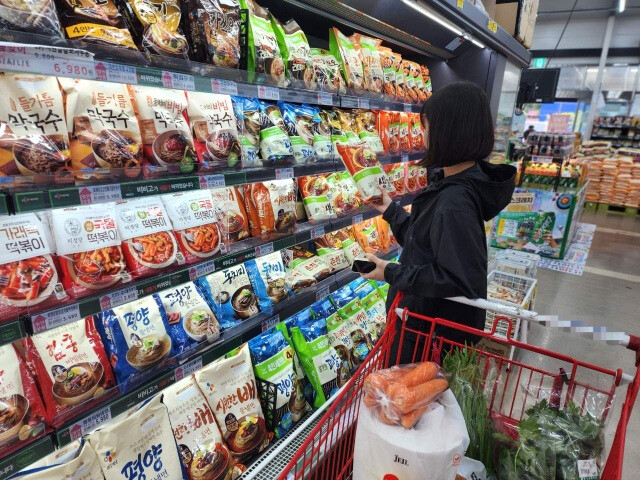
SEOUL - The Bank of Korea (BOK) has issued a warning that the recent surge in the won-dollar exchange rate, driven by domestic political uncertainty and international trade tensions, is likely to exert upward pressure on consumer prices throughout the second half of the year.
Key Findings:
Impact of Exchange Rate Increase:A 10% increase in the won-dollar exchange rate is projected to raise consumer price inflation by 0.47% over the next year.
If the elevated exchange rate persists for over three months, short-term (under 3 months) inflation could rise by 0.31%, with a more significant long-term (4-12 months) increase of 1.30%.
Sector-Specific Effects:Imported goods, particularly energy and food items like beef, gasoline, and pizza, have shown high price volatility in response to the exchange rate fluctuations.
While the immediate impact on dining and service costs (city gas, car rentals) is less pronounced, these sectors are expected to experience longer-term effects.
BOK's Outlook:Even with a potential slight decline in the exchange rate, the lingering effects of the recent spike will likely contribute to inflationary pressures in the latter half of the year.
The BOKs current prediction for the 2025 consumer price inflation rate is 1.9%
There is also a risk of businesses that have been holding off on price increases due to the high exchange rate, to begin raising prices, which will increase the "pass-through effect".
Concerns:
The BOK's analysis highlights the potential for sustained inflationary pressures, which could impact consumer spending and overall economic stability. The central bank will closely monitor exchange rate movements and their pass-through effects on prices to inform future monetary policy decisions.
[Copyright (c) Global Economic Times. All Rights Reserved.]




























